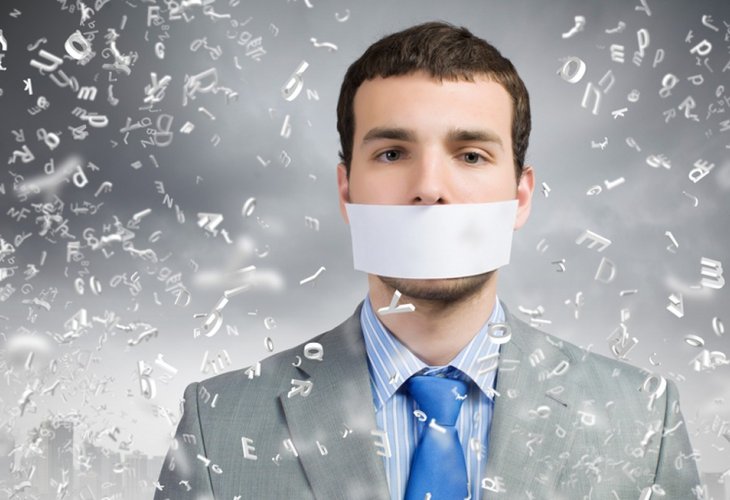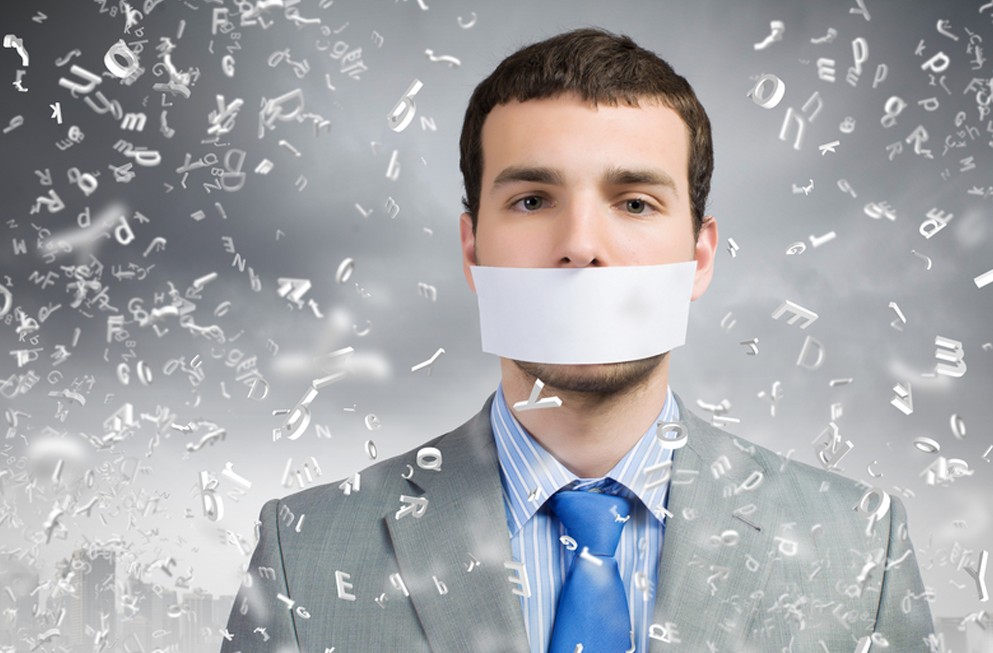Causes Deaths of Many People in Israel: 10 Facts About Lashon Hara
The reason for the prolonged exile. Causes prayers to be rejected by Hashem. Empowers the prosecutor to accuse the Jewish people. A guide to understanding the severity of this sin

1. The Chofetz Chaim writes that lashon hara (evil speech) is the main cause of exile: "The primary reason for our current exile is due to the actions of the spies who spoke ill of the land."
2. The "Chofetz Chaim" further lists additional troubles caused by the sin of lashon hara: "Countless other evils have befallen us due to this severe sin. Even all the wise men of Israel who were killed during the time of Shimon ben Shetach, the brother-in-law of King Yannai, at Yannai's hand, were all because of tale-bearing. And the killing of Rabbi Elazar HaModai, which was also a cause of the destruction of Beitar, was all due to tale-bearing."
3. The Zohar states: "One who speaks lashon hara, his prayer does not enter before Hashem, because a spirit of impurity awakens upon him, but when he repents and accepts repentance upon himself, what is written? 'On the day of his purification, he shall be brought to the priest, etc...'" The "Chofetz Chaim" writes that through the sin of lashon hara "...it gives power to accuse us and our prayers will not be accepted above."
4. Severe illnesses are caused by lashon hara. It is brought in Tractate Shabbat 33a: "Our Rabbis taught: Askara (croup) comes to the world... Rabbi Elazar son of Rabbi Yosi says it is because of lashon hara... Why does this affliction begin in the intestines and end in the mouth? Rabbi Yehuda son of Rabbi Ilai, the first to speak in all places, answered: Although the kidneys advise, the heart understands, and the tongue articulates, the mouth completes... This teaches that it also refers to lashon hara."
 (Photo: shutterstock)
(Photo: shutterstock)5. The Babylonian Talmud further states: "Rav Yehuda said: Had David not accepted lashon hara, the kingdom of the House of David would not have been divided, Israel would not have worshipped idols, and we would not have been exiled from our land."
6. The Babylonian Talmud also states: "Anyone who speaks lashon hara magnifies sins equal to the three cardinal sins: idolatry, forbidden sexual relations, and murder."
7. Maimonides in the Laws of Repentance: "These are the ones who have no portion in the World to Come, but are cut off, destroyed, and judged for their great wickedness and sins forever and ever: the heretics, the apostates... and those who speak lashon hara..."
8. The Zohar: "If one would look with an open eye at what results from his speech, he would be filled with fear and trembling from speaking any lashon hara about his fellow. For if a person were told to enter Hashem's palace himself, or to send someone in his place, to stand before the Master of the covenant and speak accusations against the Jewish people - not falsely, but only what he knows to be true - it is clear that even the worst Jew would put himself in danger rather than taking upon himself such a sin... This is exactly what happens with lashon hara, for the slander that is aroused by the mouth rises up before Hashem's throne of glory, and it awakens the great accuser against the Jewish people... Therefore, King David, peace be upon him, warned us that if we desire eternal life in the World to Come and good days in this world, the first requirement is to guard one's tongue from evil."
9. The author of "Orchot Tzaddikim" instructs on the path to repentance from this severe sin: "Therefore, a person who has become accustomed to flattery, mockery, speaking lashon hara, falsehood, and idle talk, and now wishes to humble himself and refrain from this and repent, must create a very strong and solid fence. What is this fence? That he distance himself greatly from his former companions with whom he was accustomed to speak mockery, flattery, lashon hara, and falsehood... He must habituate himself to silence very much... He should increase his time sitting alone in his room studying Torah, and associate with pious people who speak only words of Torah and fear of Heaven..."
10. A great piece of advice to overcome lashon hara is to make a small but very strong commitment, such as: not speaking lashon hara about a specific person / with a specific person / on the mobile phone / during a specific hour.

